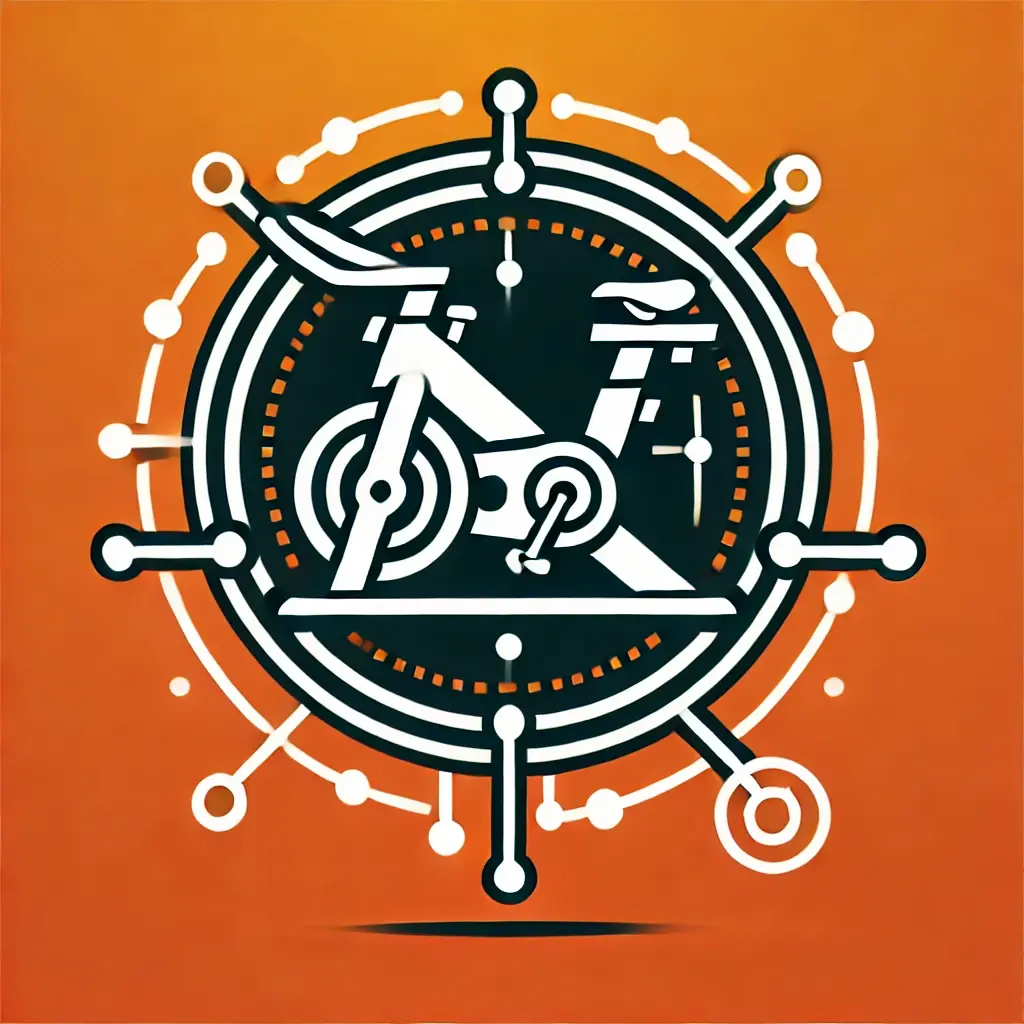Connected sports equipment, enhanced by artificial intelligence (AI), is revolutionizing how athletes train, perform, and recover. This integration of technology not only tracks usage but also provides real-time feedback, enabling athletes to optimize their performance.
Smart Sports Gear
Smart sports gear, such as wearables and connected training tools, plays a crucial role in monitoring an athlete’s performance. Devices like smartwatches and fitness trackers collect biometric data, including heart rate, speed, and distance. This data is analyzed in real-time to offer insights that help athletes and coaches tailor training programs to individual needs, ultimately improving performance and reducing injury risks[1][2].
AI in Performance Analysis
AI algorithms analyze vast amounts of data collected from these devices, identifying patterns and trends in an athlete’s performance. For instance, computer vision technology can assess an athlete’s movements during practice sessions, providing feedback on technique and suggesting exercises to enhance specific skills. This approach allows athletes to receive coaching insights similar to those available to elite competitors, regardless of their level[2][4].
Game Strategy Enhancement
Beyond individual training, AI also influences team strategies. Coaches utilize machine learning to analyze competitor performance, allowing them to develop data-driven game plans. Predictive modeling helps teams anticipate opponents’ moves, giving them a strategic advantage during competitions. For example, basketball coaches can adjust their offensive strategies based on player performance data, optimizing their chances of success during games[1][2].
Injury Prevention and Recovery
AI’s capabilities extend into injury prevention and rehabilitation. By monitoring data from wearables, AI can detect early signs of potential injuries, enabling proactive measures. For instance, the NFL’s Digital Athlete project uses AI to analyze various factors, such as equipment and player movements, to predict and prevent injuries. This technology not only aids in recovery but also helps in creating individualized training regimens that enhance overall performance[3][4][5].
Future Prospects
The future of connected sports equipment is promising, with advancements in AI likely to lead to even more sophisticated tools. As technology continues to evolve, we can expect enhanced virtual reality training simulations and AI-driven analytics that further refine athlete performance and strategy development. The integration of AI in sports is set to create a more personalized and effective training environment for athletes at all levels, ultimately transforming the landscape of sports performance[1][2][3].
Further Reading
1. The Impact of AI in Sports: Enhancing Performance and Strategy
2. How AI is Altering Sport Performance & Strategy
3. How Artificial Intelligence is Changing the Game of Professional Sports | Global IP & Technology Law Blog
4. https://blog.healthyroster.com/blog/how-science-is-revolutionizing-sports-performance
5. https://www.forbes.com/sites/leonardarmato/2024/01/19/ai-and-tech-trends-reshape-the-experience-for-athletes-and-fans/


